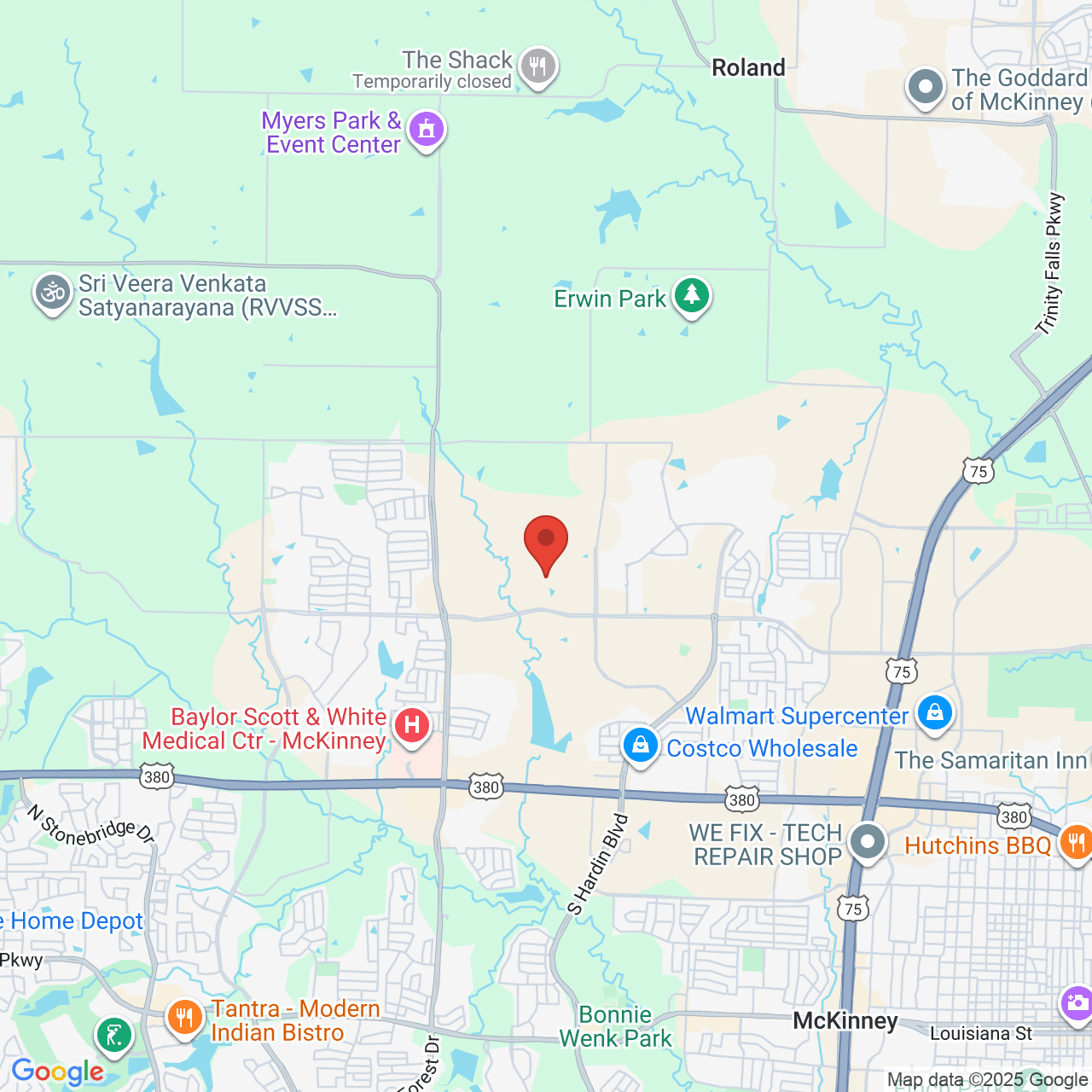How the ADA Affects Employment Discrimination Cases
 Federal laws help protect people from discrimination in the workplace. This means that workers who believe they have been discriminated against by an employer may seek legal remedies for their mistreatment. Employment discrimination lawyer Dan A. Atkerson helps clients recover compensation and hold employers liable for discriminatory practices.
Federal laws help protect people from discrimination in the workplace. This means that workers who believe they have been discriminated against by an employer may seek legal remedies for their mistreatment. Employment discrimination lawyer Dan A. Atkerson helps clients recover compensation and hold employers liable for discriminatory practices.
The Americans with Disabilities Act (ADA) is one of several federal laws that protect workers from employer discrimination. While this law was designed with employee rights in mind, it makes certain allowances for employers. With that said, it’s important to understand how the ADA affects employment discrimination cases for our clients in Allen, TX, Plano, TX, Frisco, TX, and surrounding areas.
What Is the ADA?
The ADA stands for the Americans with Disabilities Act. It’s a federal law that protects people with disabilities from employer discrimination. It applies to discrimination around nearly every facet of employment ranging from hiring, promotions, salary, to termination.
The ADA also protects employees from retaliation in the event they make a claim of employer discrimination.
Another key aspect of the ADA is that it requires private employers with at least 15 employees to make reasonable accommodations to workers with disabilities provided that the accommodations won’t cause undue hardship to the employer.
ADA Requirements and Discrimination Cases
The ADA defines the requirements of employers, what is considered a disability, which employees are covered, and what constitutes an undue hardship for employers in regard to making reasonable accommodations for employees with disabilities. Because of the stipulations of the ADA, it can affect employment discrimination cases in the following ways.
Who Can File a Discrimination Case?
The ADA establishes who is covered by its protections, or in other words, who can file a discrimination case. The ADA covers qualified workers with disabilities. In order to be considered qualified, the worker must be able to perform essential duties of the job with or without reasonable accommodations. The ADA also covers:
- Employees who have a physical or mental impairment that substantially affects daily life.
- Employees with a previous disability or history of impairment.
- An employee the employer believes has a disability, even if the employee does not. If the employer discriminates against the employee based on the assumption of a disability, the employee may still seek protection under the ADA.
The ADA and Reasonable Accommodations
Per the ADA, reasonable accommodations for employees with disabilities must be made by most employers. However, there are many stipulations regarding reasonable accommodations that can affect a discrimination case. For example:
- Employers aren’t required to guess if an employee needs accommodations for a disability. An employee may need to request accommodations, especially if their disability is not known or obvious to the employer.
- Although reasonable accommodations must be made, an employer doesn’t have to provide the exact accommodation requested by the employee if they can provide an alternate yet acceptable accommodation.
- The employer must discuss what accommodations would meet the employee’s needs with the employee.
- Employers don’t have to provide reasonable accommodations if doing so would create undue hardship.
Get Help with Your Discrimination Claim
There are many ways the ADA can affect a discrimination case. It’s important to have an employment discrimination lawyer on your side. For help with your discrimination claim, you are encouraged to call (214) 981-8502 to schedule a consultation with employment law attorney Dan A. Atkerson.



